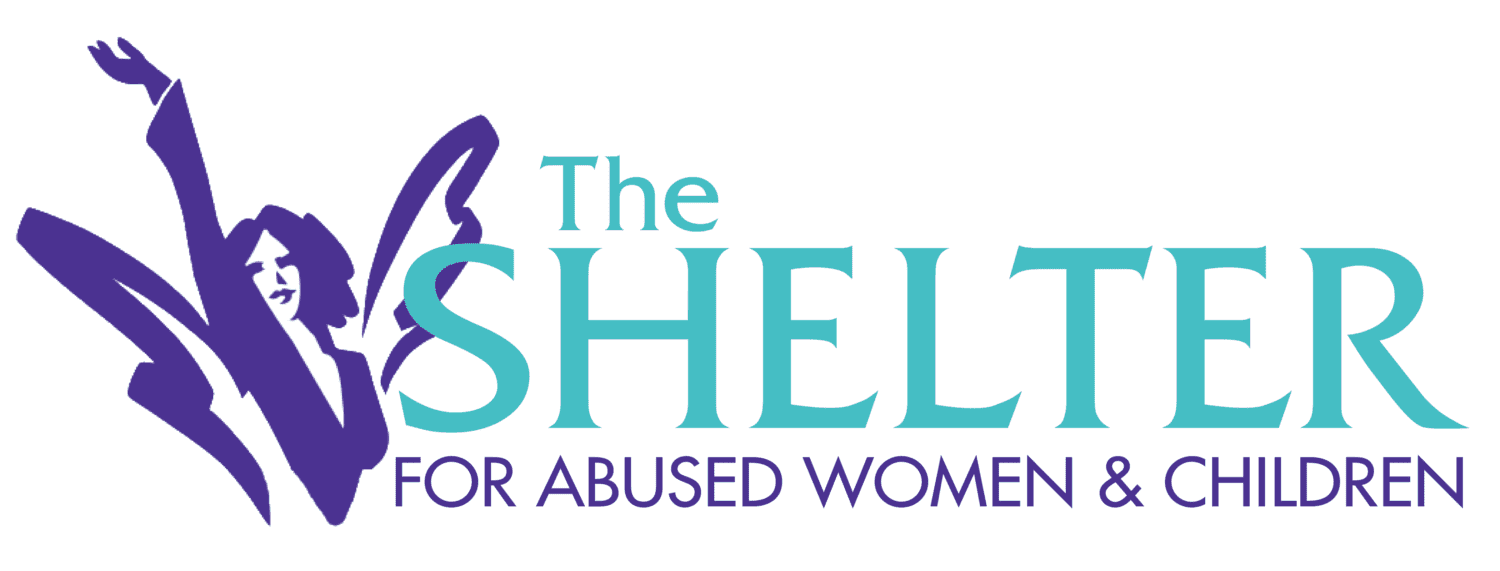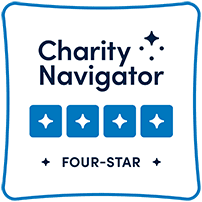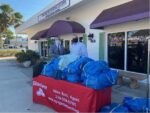Pandemic fuels increase in human trafficking
By ABC-7 Reporter Meagan Miller
December 18, 2020
FORT MYERS, Fla. — Well before the coronavirus pandemic, Florida has ranked high for human trafficking.
Now, traffickers are taking advantage of the pandemic, putting victims and potential victims at an increased risk, experts warn.
“Traffickers tend to be master manipulators,” said Linda Oberhaus, the CEO of The Shelter for Abused Women & Children in Collier County.
As COVID-19 continues to devastate hospitals, families and industries worldwide, the fallout is also fueling job losses and shutdowns, inadvertently opening the door to more exploitation. Those factors combined with people spending more time online are contributing to the already perpetual problem.
Just a few months ago, every day for Sheila Johnson was only about living to see another one.
“You can be stolen from, attacks, just daily survival, even just the elements,” Johnson said.
Living life on the streets of Lee County where, among the struggle to stay alive, people face threats of becoming a victim of human trafficking.
“I was around it a lot. I was approached personally,” Johnson said.
Fortunately, Johnson never became a victim of trafficking. For that, she credits her faith and one of many local advocate groups.
Johnson was homeless for two months, before meeting Pastor Jeanie Turner, the Executive Director of One Way Out Ministries, which focuses on helping women get out of dangerous situations.
“This is like our church on Sundays,” Turner said.
They make stops all around Lee County, feeding those in need, providing resources and offering a way out.
“We encounter quite a few women every day that we come,” Turner said. “Through feeding the homeless, what we have found is there are lots of women out here that are at risk of being human trafficked.”
The numbers are noticeably increasing.
“The vulnerabilities are everything with this lifestyle. They need food, they need clothing, they need things. They need money and who doesn’t want to put them to work to make money for them,” Turner said.
In their recent outreach, One Way Out has helped four women, who were at risk of human trafficking, off the streets. Johnson is one of them.
“There’s so many more in need now,” she said.
Homelessness and desperation to make ends meet are just a few of the factors fueling the increase in human trafficking.
“I would definitely say increased time at home and online is going to be a key factor, because we know that being online is a hot spot,” said Christine Kobie, Violence Prevention and Training coordinator for Abuse Counseling and Treatment Inc. (ACT).
Predators are prying into homes, trying to make their sales through screens and going after the most innocent.
“There’s a lot more kids at home, doing school online that are gonna be more vulnerable to trafficking and we know that kids are definitely more at risk, more vulnerable to it,” Kobie said.
Although the risk is increasing, experts at both ACT and the Shelter for Abused Women & Children in Collier County said they aren’t seeing a major spike in trafficking victims coming into their shelters.
“It’s not that it’s not happening. It’s just people are not coming forward for whatever reason,” Kobie said.
Linda Oberhaus, the CEO of the Shelter for Abused Women & Children said since their new shelter opened in Immokalee, they’re getting lots of referrals from all over the state. Even though the new shelter has a whole wing for trafficking victims, there’s still lots of open space.
“One thing we consistently see is victims of human trafficking do not seek help,” Oberhaus said.
For many, sheltering in place has been hard. But for far too many, it’s life threatening.
“There’s so much more going on in the dark,” Turner said. “That’s what human trafficking is… in the dark. The hotels are full of them. When the strip clubs closed, girls were working in home settings instead of in strip clubs,” she said.
Although the pandemic is contributing to so many of these issues, it’s forced groups like One Way Out to look in different places and find more people they can help, just like Sheila Johnson.
Before meeting Jeanie, Sheila didn’t have much hope. She had nearly no trust in others and no plan.
“I didn’t really see the light at the end of the tunnel,” Johnson said.
One way out was her way out and, as others fight to find their way, you can help.
“You can help in a million different ways. We need to be aware and alert of who’s out there and what’s going on. If you saw it and you don’t report it, who else knows she’s there?,” Turner said.
Anyone in need of assistance with domestic violence, human trafficking, or related issues can reach out to the Shelter for Abused Women & Children or ACT. Both organizations have 24/7 helplines.
To connect with One Way Out Ministries, you can visit them in person at 12873 S. Cleveland Avenue or on Facebook.
If you notice any signs or incidents of human trafficking, call the national hotline at 1-888-373-7888. Their website has more information on what to look for.





